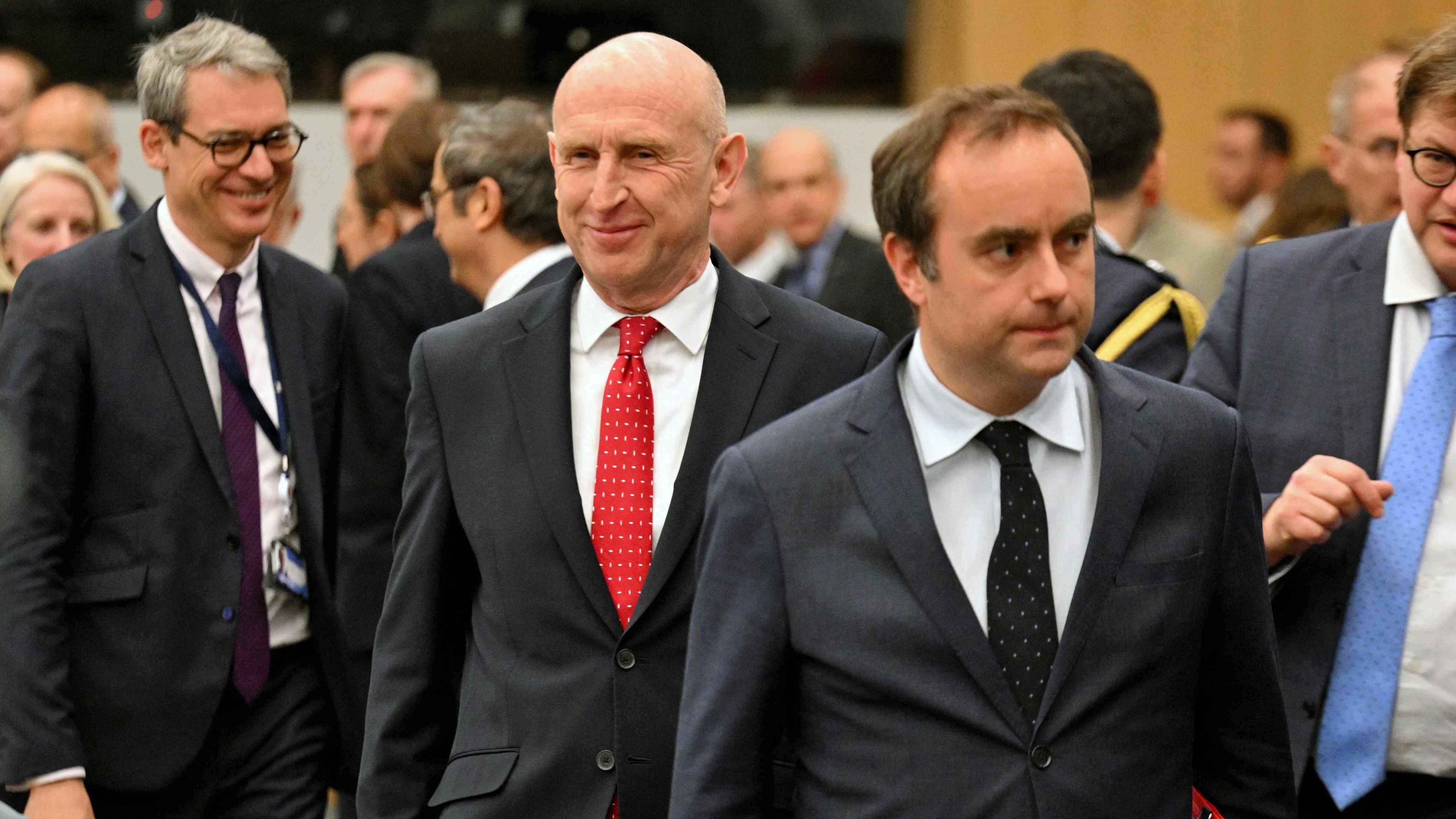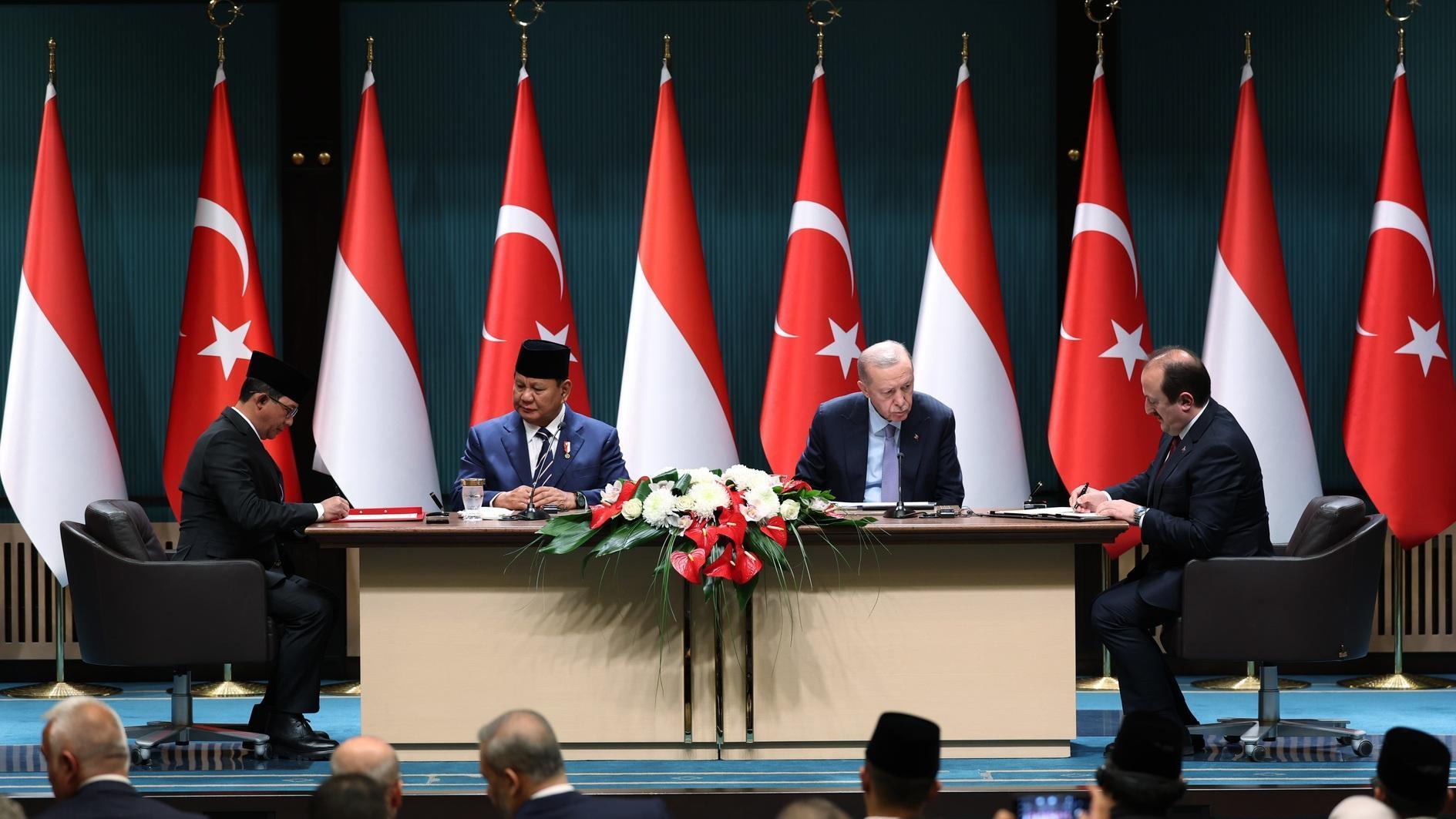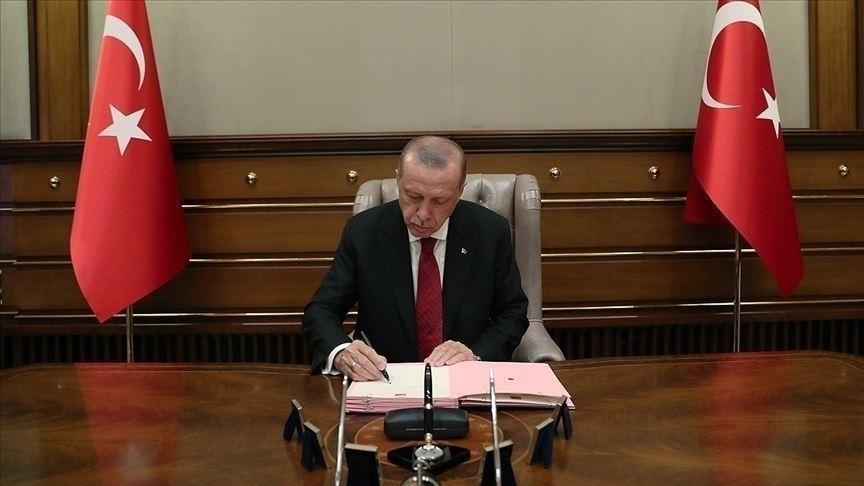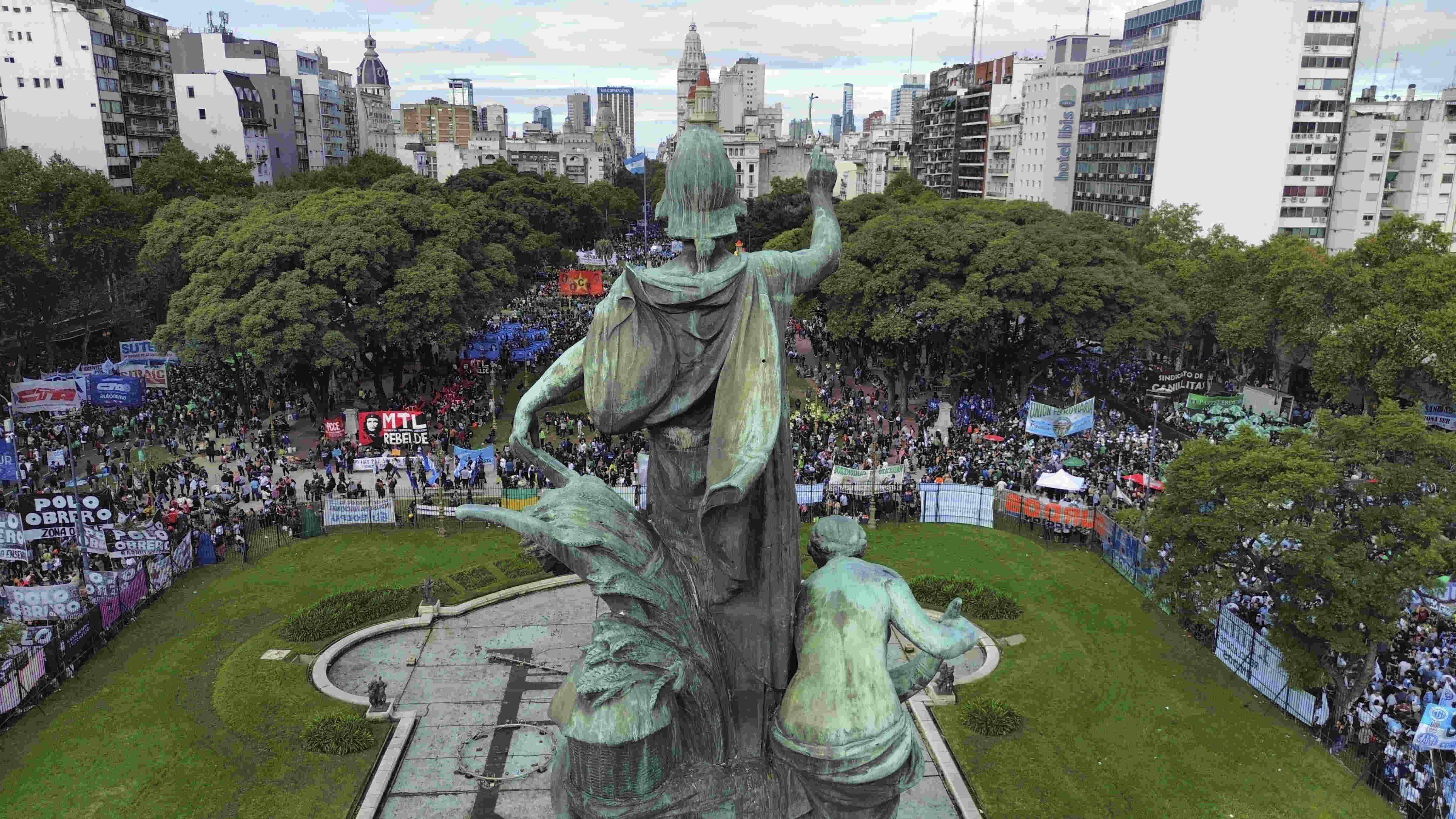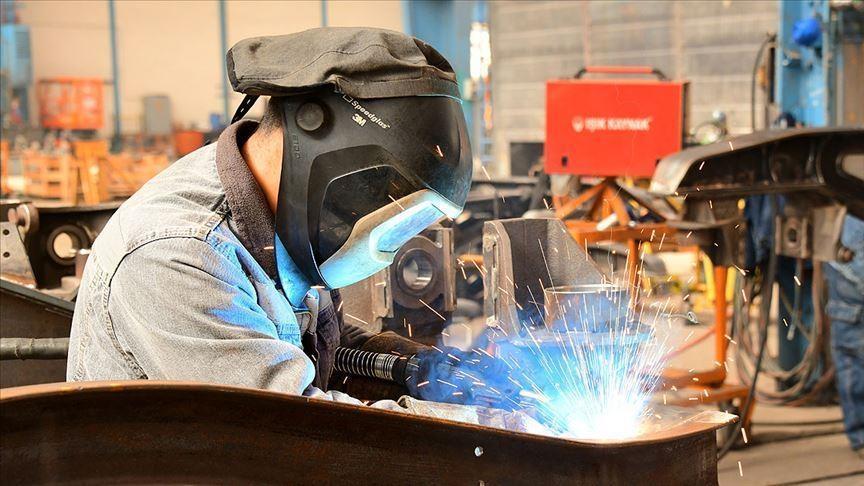Vatican introduces cards after ‘Vatileaks’ scandal
VATICAN CITY
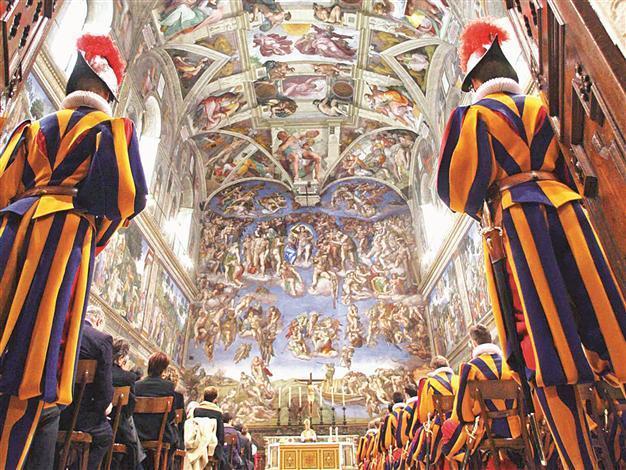
The Vatican is solidly protected and its gates are watched over by Swiss Guards. The new security system will limit the flexibility of nearly 3,000 employees within Vatican City. REUTERS photo
The Vatican is launching an electronic badge program, using the latest technology to oversee some of its thousands of employees after the so-called “Vatileaks” scandal saw secret documents leaked by the Pope’s former butler.Cards enabled with microchips allow Vatican officials to track every person in their clerical and lay employment, which amounts to around 3,000 people from the Apostolic Palace to the Secretariat of State. Visitors are allowed in by invitation only and must sign a register, while workers are casually greeted with a simple nod of recognition from the guards. The system bears little resemblance to the tight, up-to-date security measures used in most governmental offices or private companies, Russia Today reported.
“I haven’t received my card yet, but I have seen swiping machines being installed at [the main gate for Vatican employees,] Porta Sant’Anna,” a Vatican employee speaking on the condition of anonymity told NBC News.
Some of the local media have linked the move in security to the “Vatileaks” scandal, the unprecedented security breach in which the Pope’s former butler, Paolo Gabriele, photocopied and leaked confidential documents to the Italian media.
The new security measures are not limited to a new badge system. A new butler, Sandro Mariotti, is not to be given any secretarial tasks and is forbidden from spending time in the secretaries’ office, the Vatican Insider reported on its website. He won’t even be sharing an office with the Pope’s personal secretaries. Also, Mitja Leskovar, who is in charge of the Secretariat of State’s office for coded messages, is responsible for the application of the new security measures. Those who wish to photocopy texts have to add their name and what it is they are copying to a special register that is checked by Leskovar.
Control over work hours
Apart from the “Vatileaks” scandal, the Vatican may want to tighten control over its employees’ work hours with the new card system.
“When a journalist asked Pope John XXIII how many people work in the Vatican, he replied: ‘About half’,” wrote Robert Mickens, a correspondent for The Tablet daily, who used to work at Vatican Radio.
“The Vatican has tried hard to check that people stick to their working hours for years,” Mickens said. “At Vatican Radio they introduced electronic badges years ago because people would go for their coffee break and return hours later. So I think that this is more of a case of the Vatican trying to check that its employees do their job rather than to prevent them from leaking information.”
But the decision to fit the cards with a chip that can be used to locate the card’s owner anywhere inside the apostolic palace, is a sign that the Vatican is tightening checks beyond working hours. “Only superiors have access to information in case there is a problem - a prelate told Italian newspaper La Stampa – and so people will not be monitored constantly.” Ex-butler Gabriele was convicted of aggravated theft by a Vatican tribunal and sentenced to 18 months in prison. He received a pre-Christmas papal pardon and is expected to soon leave his Vatican City apartment for a new home and job elsewhere.


